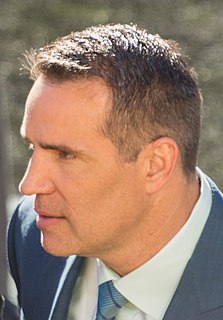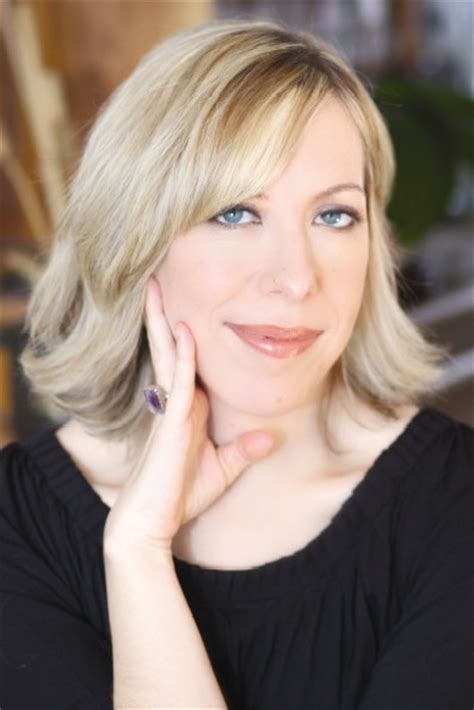A Quote by Peter Senge
Sharing knowledge is not about giving people something, or getting something from them. That is only valid for information sharing. Sharing knowledge occurs when people are genuinely interested in helping one another develop new capacities for action; it is about creating learning processes.
Related Quotes
So much of teaching is sharing. Learning results in sharing, sharing results in change, change is learning. The only other job with so much sharing is parenting. That's probably why the two are so often confused. You can't test what sort of teacher someone will be, because testing what someone knows isn't the same as what someone is able to share.
But all of this action goes on in the dark, hidden underground. It’s called stealing or piracy, as if sharing a wealth of knowledge were the moral equivalent of plundering a ship and murdering its crew. But sharing isn’t immoral - it’s a moral imperative. Only those blinded by greed would refuse to let a friend make a copy.
Governmental surveillance is not about the government collecting the information you're sharing publicly and willingly; it's about collecting the information you don't think you're sharing at all, such as the online searches you do on search engines... or private emails or text messages... or the location of your mobile phone at any time.




































